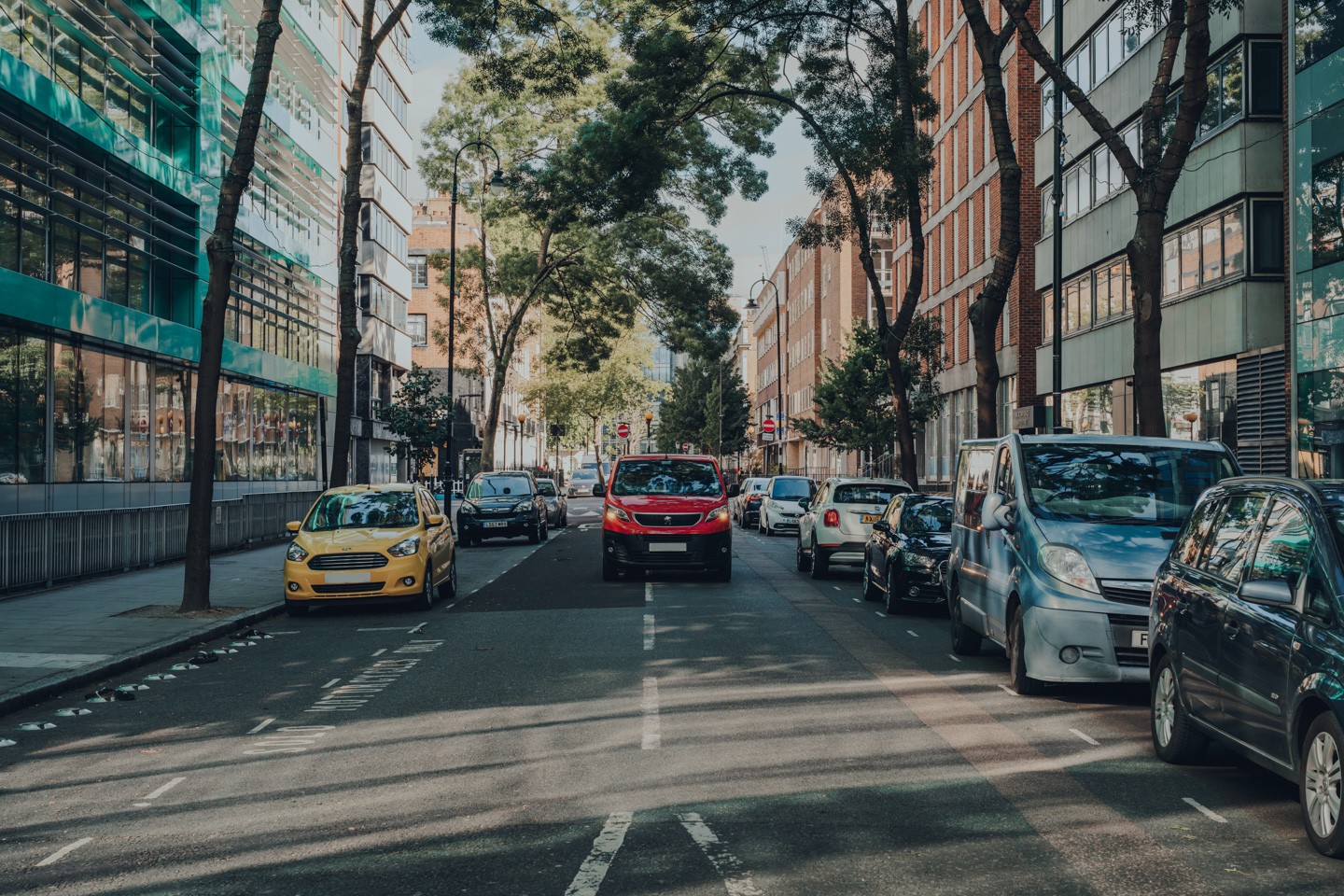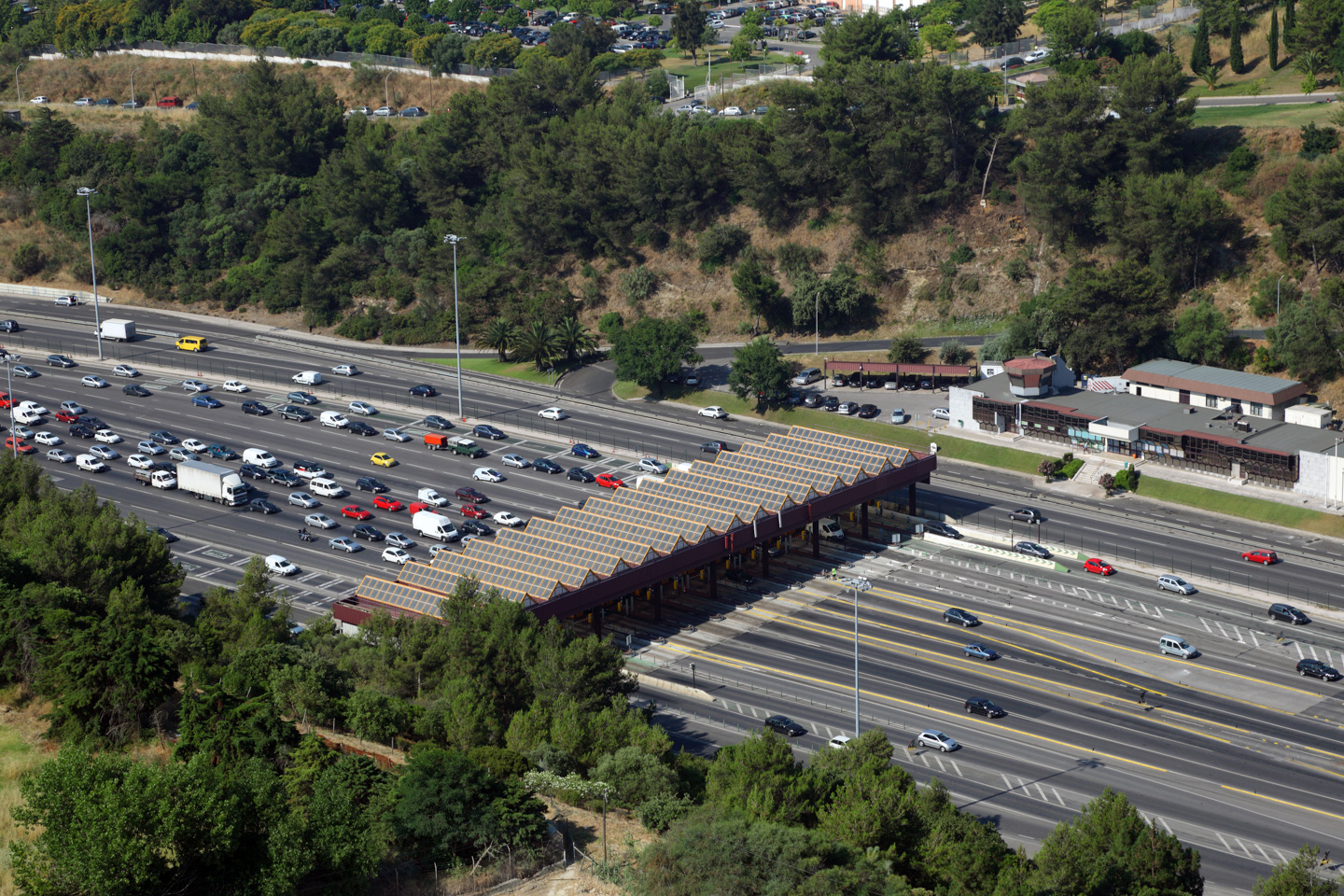Stormy weather can be pretty awe-inspiring. But admiring the primordial power of Mother Nature is all well and good when you’re curled up in front of the fire at home with a good book. It’s something different altogether when you’ve got to go out and drive in it – especially if you’re driving a van. Their high sides make them more dangerous to drive in high winds than cars, so read on for our top tips on how to stay safe in stormy weather.
Always take the weather with you
Tuning in to the weather forecast seems like a pretty logical place to start if a storm’s brewing. You may be able to time your journey around the worst of the weather or put it off completely if things are looking a bit too sketchy.
Terrific traffic updates
Another obvious thing to do before you set off is to check the latest traffic updates. Local radio stations and sat navs are usually up to speed, while social media can also be handy. Most councils and bodies like the Environment Agency have Twitter accounts you can monitor for the latest info. Armed with your up-to-date details, you can then plan your journey around any busy traffic, road closures and blockages.
Prep your ride
Not quite as cool as Pimp My Ride, but you’ll feel pretty chuffed with yourself if you prep your van before setting off in potentially hazardous weather. Wind is often closely followed by rain, so if a storm’s a-coming, check things like your headlights, wipers and tyres to ensure your van’s as well prepared as possible.
Get tech’d up
Some modern vans come with wind assist technology to help keep you safe when it’s blowing a gale out. This can help you stay stable if there’s an unexpected gust, and often works alongside other features such as lane and brake assist.

Slow down – duh!
The faster you’re going, the more difficult your van is to handle in the wind. Braking is also affected, so it’s a smart idea to reduce your speed as appropriate. And the faster you’re going, the less time you have to react to developing situations, whatever they may be. Need we say more?
Get a grip
Keeping a tight hold of your steering wheel with both hands can help you beat any sudden gusts of wind. Maybe even revert to the tried and trusted 10 to 2 position on the wheel for a nice, secure grip.
Don’t let impatience take over
With sudden gusts in mind, you should leave plenty of room when overtaking – especially cyclists, motorcyclists and lorries. With the latter, or other vehicles which are taller than your van and block the wind while you’re overtaking them, watch out for a strong gust once you’re past. If you’re in doubt about an overtaking manoeuvre, be patient and wait until you feel it’s safe.
Give me some space
You should also keep your distance from vehicles both in front and to the side of you when you’re not overtaking – especially other high-sided vans and caravans, which can veer from side to side in the wind.
Plan for your van
If you’re on a journey with a caravan yourself, can you pause it while the weather’s being unkind? Why not park up for the night and have an evening tucked up safely inside your caravan instead of worrying about it swaying around behind you. Towing trailers and horseboxes can also be dangerous in strong wind, so try to avoid it where possible.
Top of the box
Your van’s probably pretty tall already. So don’t exacerbate this issue by adding even more height to it with a roof box. If there’s one mounted to the top of your van and you need to go out in the strong wind, quickly remove it before you set off.
What’s around you?
Be prepared for sudden gusts when driving over bridges and through open areas. The taller your van, the more susceptible it will be to these abrupt gusts, so be on your guard. Tall buildings can also act as a funnel for wind, so watch out for these too and slow down where necessary.

Eyes on the prize
As well as being aware of your surroundings, it goes without saying that you need to keep your eyes peeled on the road ahead. Look out for debris in the road, stay alert when driving round bends, and watch out for tree branches which may be hanging low after snapping under the strain of the wind.
Trees a crowd
Speaking of trees, don’t park under them when you stop. Falling branches could dent your van. Avoid telephone and power lines too in case they come crashing down to earth. They’re much more likely to cause damage to your van, rather than powering up your flux capacitor à la Back to the Future. If you can, try to park facing the direction of the wind, rather than side on. Leave your van in gear if it’s manual and ensure the handbrake is on tightly.
Break it up
Taking a break on a long journey is always advisable, but even more so when you’re driving in strong winds. These conditions can be challenging, requiring even more concentration than usual. It can also be stressful if you’re anxious while driving, so give your mind and body a rest from all the tension by breaking up your journey with regular stops.
Time’s a healer
We never recommend rushing when you’re driving. It’s stressful, dangerous, and often unnecessary with a bit of planning. Leave lots of time for your journey in stormy conditions, in case you hit any road closures, speed restrictions or other delays. Doing so gives you the best chance possible to arrive safely and in good time, wherever you’re going.
Learn more about safe van driving with our helpful guides to driving in the snow and driving at night.





